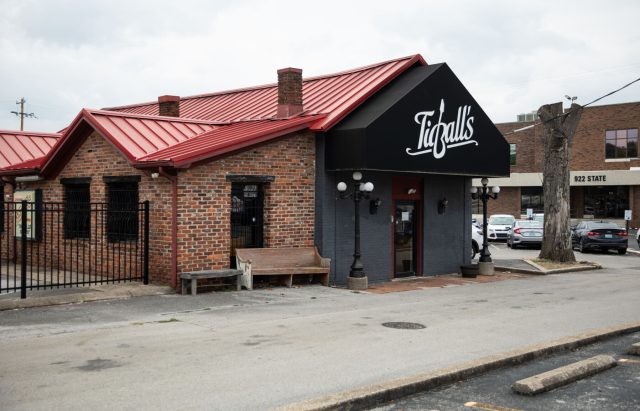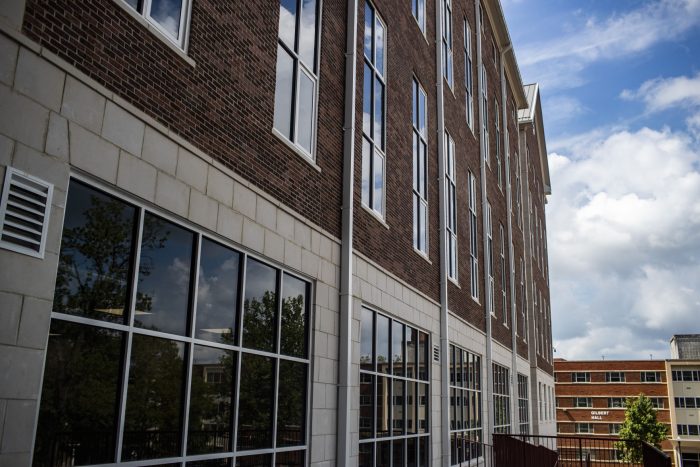WKU Clinical Education Complex Center gets $1.5 million
Published 12:00 am Friday, April 18, 2008

- SubmittedPolice believe these men, shown in surveillance video, may have been involved in three car thefts.
She helped secure funding for three new positions at Western Kentucky University’s Clinical Education Complex.
Today, Suzanne Vitale of Bowling Green was honored for her efforts, seeing the CEC named in her honor.
In a ceremony dedicating the renaming of the facility, it was also announced that the CEC would receive a $1.5 million contribution from The Center for Special Needs Trust Administration, a Florida nonprofit company that helps parents or guardians set up trusts to provide lifelong care for children with disabilities.
Opened about two years ago, the CEC is a collaborative project in which health professionals and some students do clinical research in five programs, with emphasis on helping children with autism and communication disorders function socially and providing information to family members caring for these children.
With the $1.5 million contribution, three new permanent positions will be funded at the center – program manager for the Kelly Autism Program, teacher/supervisor in the Early Childhood Center and Family Resource Program coordinator.
“I have seen children go into the center who can’t be part of a classroom peer group and who have no social skills,” Vitale said. “Within weeks, many of them have learned behavioral skills and are able to become part of the community.”
Vitale has led fundraising efforts for the CEC, and with an 8-year-old grandson diagnosed with autism, the mission of the center affects her personally.
Today, Vitale’s grandson, Phillip, and several of his classmates at Briarwood Elementary School were on hand to witness the CEC being dedicated in her honor.
“It takes a village to rear any child; it takes a larger village to rear a child with special needs or developmental delays,” Vitale said. “The goals are the same, however.”
Leo Govoni, director of the Center for Special Needs Trust Administration, has overseen his company’s donation of $2.25 million to the CEC.
In addition to the $1.5 million received today, Govoni’s company gave $500,000 toward the construction of the facility and another $250,000 to establish an endowment for the Kelly Autism Program.
Govoni said he was attracted by the program’s efforts to help developmentally disabled youth become part of the mainstream community, and to continue helping their families care for them and continue their education after the children become adults.
“I’ve been all over the country and I’ve never seen a community back a project of this sort like Bowling Green,” Govoni said.
Earlier in the week, Govoni said that the CEC could serve as a national model for other institutions interested in conducting clinical research and developing therapy programs for developmentally disabled youth.
Govoni became aware of the efforts at Bowling Green through a chance meeting with Vitale in Hawaii, where they were both attending an education conference.
While riding in an elevator, Govoni noticed that Vitale had a pamphlet on autism in her bag.
They struck up a conversation, ending with Vitale making her “elevator speech” sales pitch to Govoni about the CEC.
WKU President Gary Ransdell said the center was made possible through Vitale’s tireless fundraising efforts.
“We couldn’t have done this with only university money and state money without the support of the community,” Ransdell said.






